- Last Update 2026-03-03 12:40:00
Deutsche Bank, WNPS PLANT partner to restore Sri Lanka’s Budunwela Forest Corridor
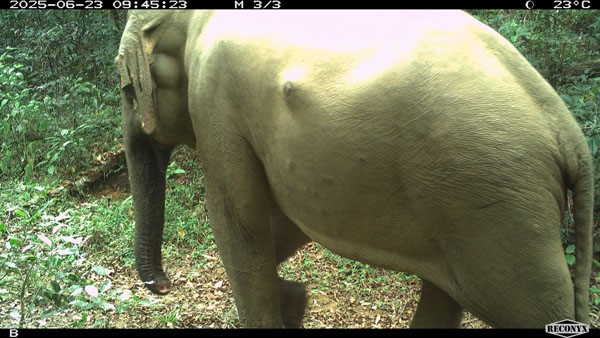
Deutsche Bank has partnered with Preserving Land and Nature (Guarantee) Ltd (PLANT) to support the restoration of the Budunwela Forest Corridor in Sri Lanka—an ecologically significant area devastated by fire in 2024 and long threatened by illegal gem mining and poaching.
PLANT, established by the Wildlife and Nature Protection Society (WNPS), is dedicated to restoring and reconnecting critical habitats within the island’s biodiversity-rich southwestern region.
Located in Sri Lanka’s intermediate zone, the 24-acre Budunwela site serves as a vital ecological bridge between a government forest reserve and the rural village of Uva Kosgama. The project is transforming the corridor into a thriving habitat for native wildlife, while integrating community-led conservation practices, WNPS said in a media release.
The partnership commenced in September 2024, aligning Deutsche Bank’s corporate social responsibility environment pillar with PLANT’s scientific restoration expertise. Since then, over 1,000 native trees—across 38 species—have been planted, with significant contributions from Deutsche Bank staff during a December 2024, volunteer initiative.
“This initiative reflects Deutsche Bank’s commitment to sustainability through environmental restoration and community empowerment,” said Niranjan C. Figurado, Chief Country Officer and Head of Global Emerging Markets, Deutsche Bank Sri Lanka. “By supporting community-led reforestation, we are helping build long-term ecological and economic resilience.”
A key aspect of the initiative is a community-run native plant nursery, established with support from Deutsche Bank. The nursery supplies saplings for reforestation while offering alternative livelihoods to local families. All planting activities are carried out by residents, reinforcing a strong sense of stewardship.
Biodiversity monitoring through camera traps has recently recorded the return of key species such as leopards, elephants, pangolins, chevrotains, golden palm civets, and sambars. A scientific rapid biodiversity assessment has documented 128 species of flowering plants and 152 vertebrates and butterflies—34 endemic and 18 nationally threatened—underscoring the site’s ecological value.
“Restoration is a long-term commitment, but we are already seeing nature’s resilience,” said Prof. Enoka Kudavidanage of PLANT. “With continued support, this corridor can once again serve as a safe passage for wildlife and a model for community-integrated conservation.”
As the project enters its second year, plans include expanding the restoration footprint, deepening community engagement, and continuing biodiversity recovery efforts. The collaboration between Deutsche Bank and PLANT offers a scalable model for corporate–conservation partnerships in Sri Lanka and beyond.
You can share this post!
-
Still No Comments Posted.
Name
Content
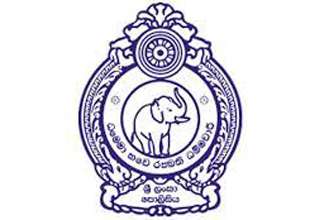
- March 1, 2026 - 152 - 0
Easter Sunday attacks: AG orders CID to probe Sirisena, Ranil, top officials
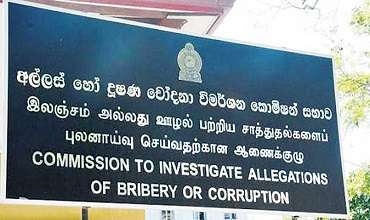
- February 25, 2026 - 112 - 0
Senior ex public officials in bribery net
A former secretary to the Ministry of Trade , former additional secretary and chief finance official have been arrested over corruption charges , the Commission to Investigate Allegations of Bribery and Corruption said.
Related Articles

SriLankan Airlines cancels 12 scheduled flights
- 03/03/2026 - 15 - 0
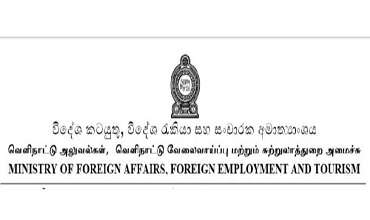
Foreign Ministry introduces emergency response unit
- 03/03/2026 - 14 - 0
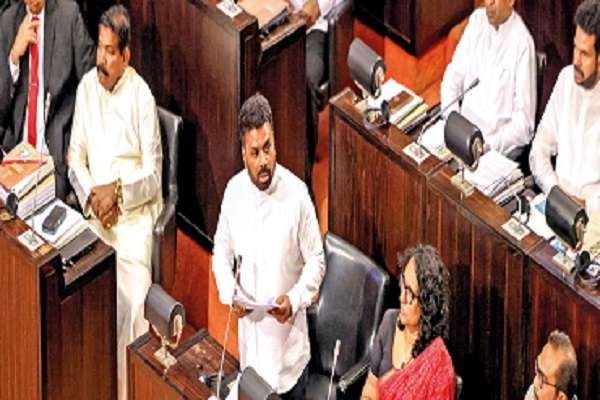
SL to issue statement on impact of crisis in Middle East
- 03/03/2026 - 17 - 0





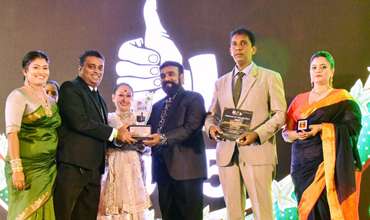
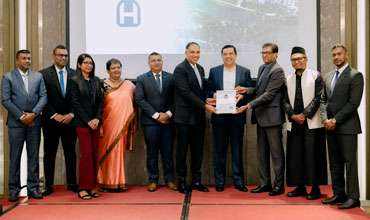

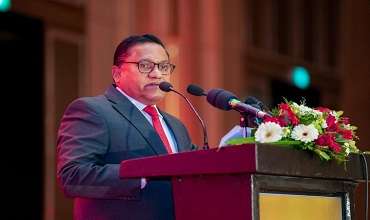
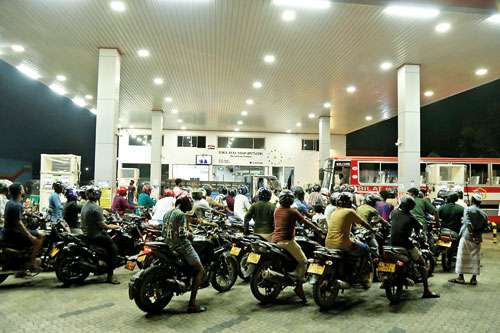
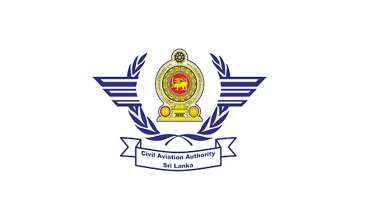
Leave Comments